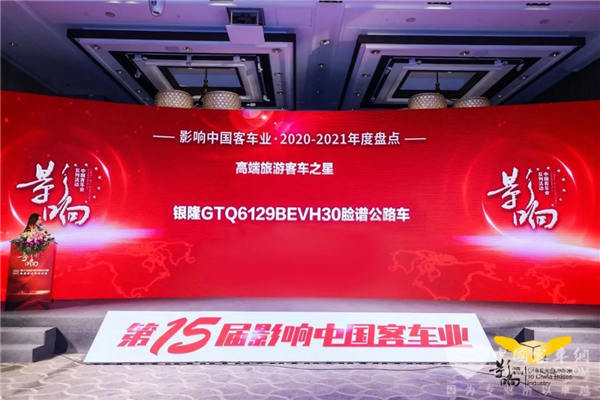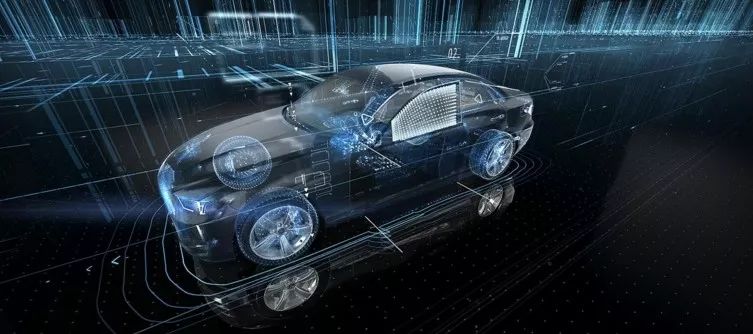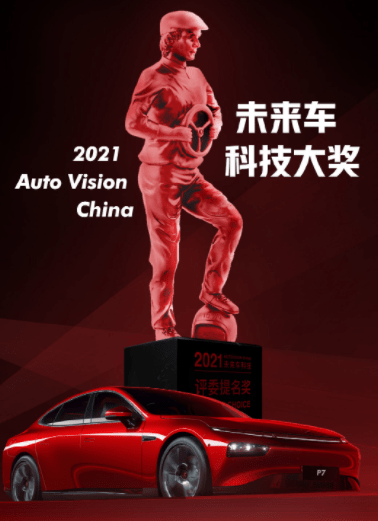摘要:科技对汽车行业产生了深远影响,推动了行业的快速发展和创新。可持续发展实施成为行业关注的焦点,精细化计划执行成为实现可持续发展的重要手段。通过科技创新,汽车行业正在不断探索和实践可持续发展的路径,推动行业向更加环保、高效、智能的方向发展。
In today's rapidly evolving world, the automotive industry has undergone significant transformations due to advancements in technology. The influence of technology on the automotive industry is immeasurable, and it continues to shape the future of this sector in numerous ways.
Firstly, the emergence of electric vehicles (EVs) has revolutionized the automotive industry. The rise of renewable energy sources and the need for sustainable transportation solutions have led to the development of electric cars, which are becoming increasingly popular. The technology behind EVs has improved significantly, with advancements in battery technology, charging infrastructure, and driving range. This shift to electric vehicles is not only beneficial for reducing emissions but also helps in improving air quality and reducing noise pollution.
Secondly, the integration of artificial intelligence (AI) and machine learning in the automotive industry has opened up new avenues for innovation. AI-powered systems are being used in vehicles for various applications such as navigation systems, autonomous driving, and safety features. These technologies are making driving safer, more convenient, and efficient. AI-powered vehicles can analyze data from various sensors to make informed decisions on the road, which helps in preventing accidents and improving traffic flow.
Thirdly, the rise of connected cars is another significant trend in the automotive industry. With the advent of the Internet of Things (IoT), vehicles are becoming more connected and integrated with other devices. Connected cars can communicate with other vehicles, infrastructure, and smartphones, enabling features like real-time traffic updates, remote vehicle control, and emergency assistance. This technology is making driving safer and more convenient, as drivers can stay connected to important information and services while on the road.
Moreover, the automotive industry is also exploring sustainable development implementation through various initiatives. Many car manufacturers are focusing on using sustainable materials in vehicle production to reduce environmental impact. Additionally, there is a shift towards circular economy models, where vehicles are designed for easy dismantling and recycling at the end of their lifespan. This helps in reducing waste and ensuring that valuable materials are recycled and reused.
Furthermore, the automotive industry is also investing in research and development to find alternative fuel sources. Biofuels, hydrogen fuel cells, and other renewable energy sources are being explored as alternatives to traditional gasoline and diesel engines. These alternative fuel sources are not only more sustainable but also help in reducing emissions and improving air quality.
In conclusion, the impact of technology on the automotive industry is profound and continues to shape the future of this sector. The rise of electric vehicles, integration of AI and machine learning, connected cars, and sustainable development implementation are just some of the many ways in which technology is revolutionizing the automotive industry. As we move forward, we can expect even more advancements in technology to continue shaping the automotive industry in ways we have not yet imagined. It is exciting to see what the future holds for this dynamic and rapidly evolving industry.




 皖ICP备19020861号-1
皖ICP备19020861号-1 皖ICP备19020861号-1
皖ICP备19020861号-1
还没有评论,来说两句吧...